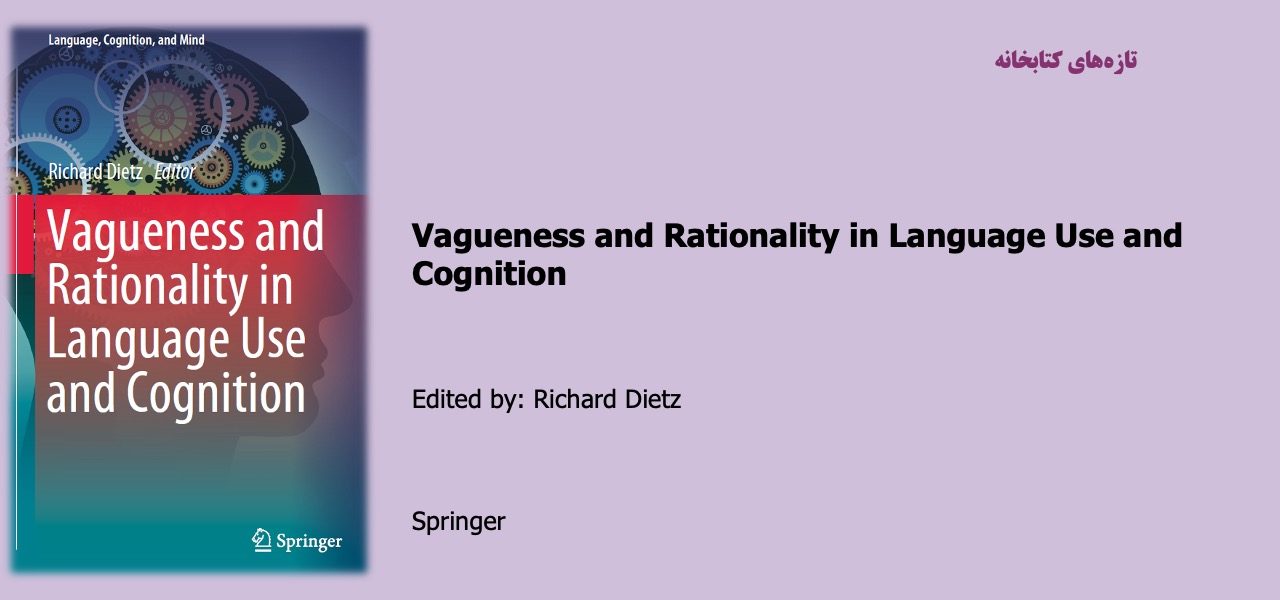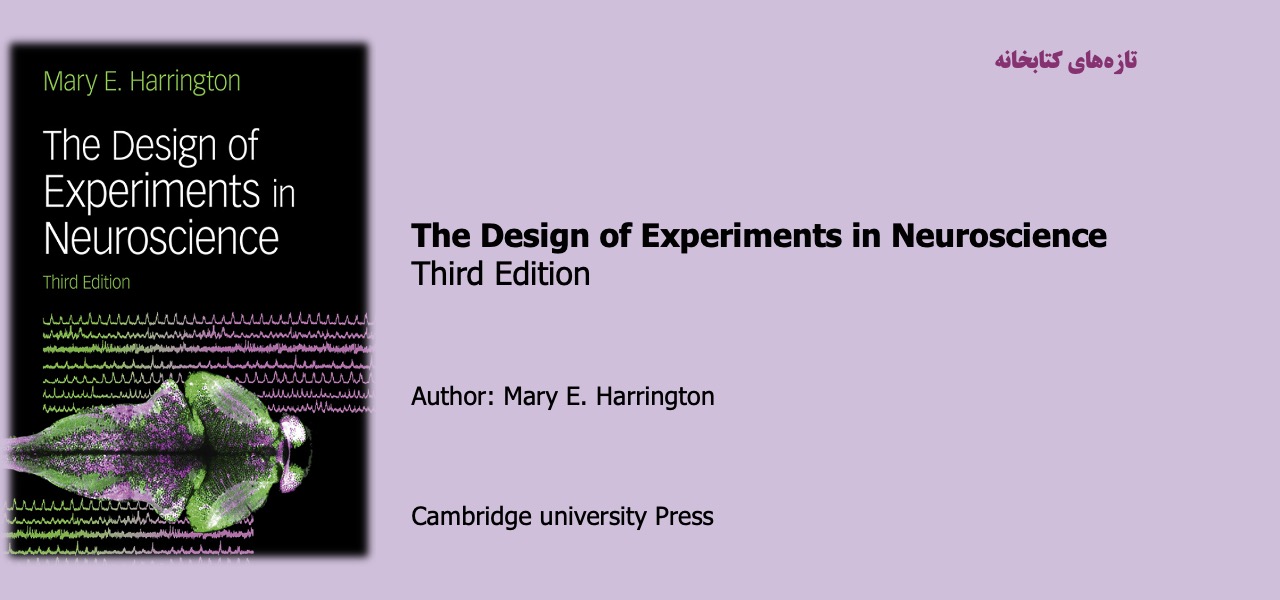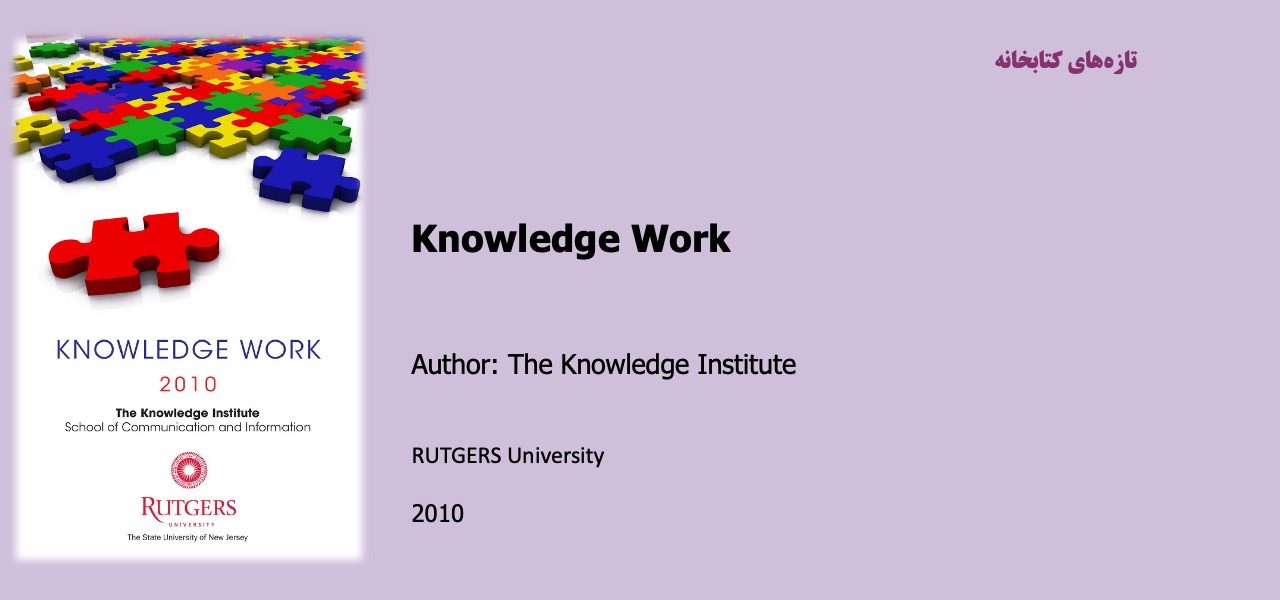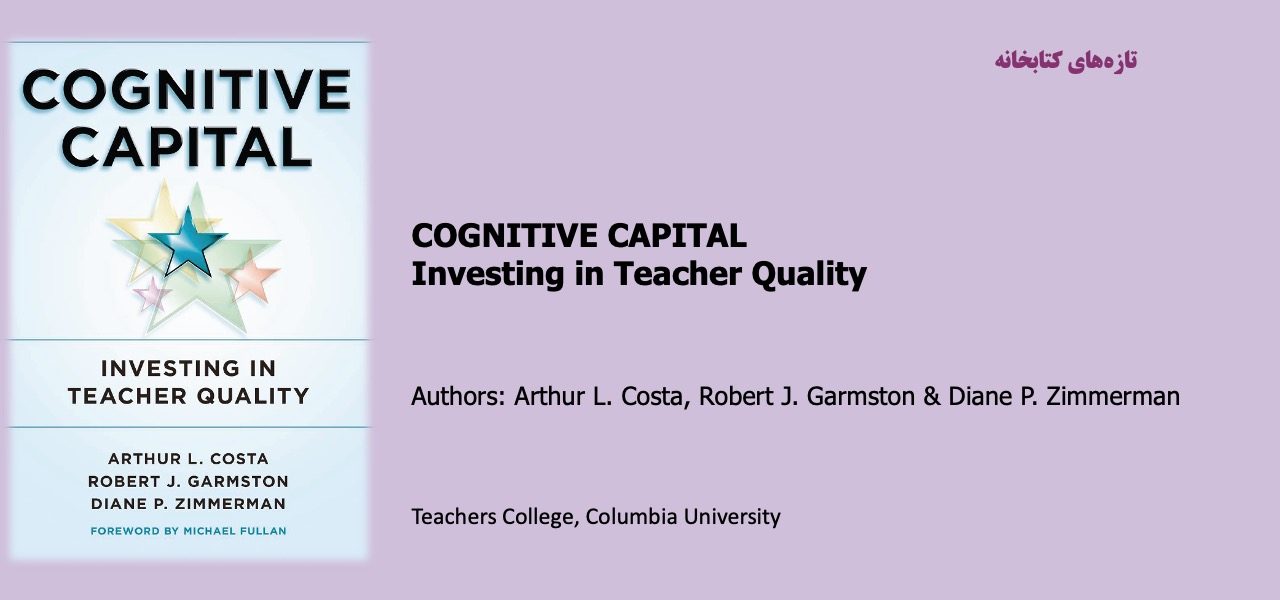
Visuospatial Processing for Education in Health and Natural Sciences
Visuospatial processing can be defined as the ability of working memory to generate and transform visual and spatial information, presented as both static and dynamic displays (see McGrew 2009; Ness et al. 2017). This ability is a key asset to study and understand concepts of the health and natural sciences disciplines (e.g., Wai and Kell 2017), as these fields use visual and spatial resources for explanation and communication (see Mathewson 2005). Because these disciplines are more visuospatially demanding at the university than at the school level (see Oliver-Hoyo and Babilonia-Rosa 2017), the focus...
مطالعه متن کامل
Vagueness and Rationality in Language Use and Cognition
Vagueness in language and cognition has traditionally been interpreted in semantic or epistemic terms. Specifically, on the...

WELL- GROUNDED – The Neurobiology of Rational Decisions
The Content In This book is an amalgamation of the fascinating research of countless neuroscientists who have...

The Design of Experiments in Neuroscience
Third Edition You are about to start on a great adventure. You are going to transition from...

Knowledge Work
This paper develops an understanding of knowledge sharing behavior through the adaptation of two major theories imported...

COGNITIVE CAPITAL
Investing in Teacher Quality The enduring thread that has held us together over the course of our...

راهنمای جامع حافظه کاربردی
حافظه یکی از جذابترین واژگان روانشناسی شناختی است که همواره مورد توجه علاقهمندان بوده است. در زبانفارسی...

شناخت اجتماعی از مغزها تا فرهنگ
مردم چگونه یکدیگر را درک میکنند؟ مردم چگونه خودشان را میفهمند؟ شناخت اجتماعی در تلاش است تا...

انگیزه، اندیشه و گفتار
برای فهم گفتار شخص دیگر، فهم کلمات او کافی نیست، باید اندیشه او را فهمید و حتی...

